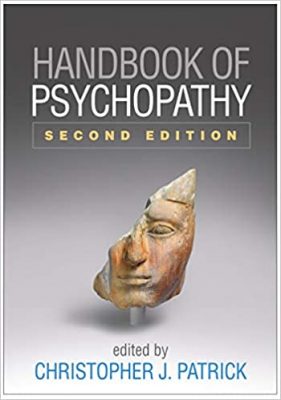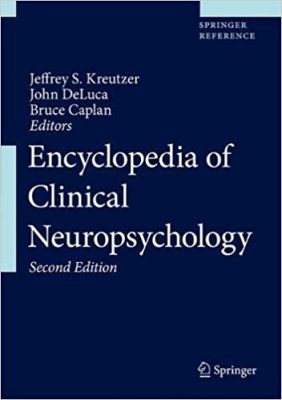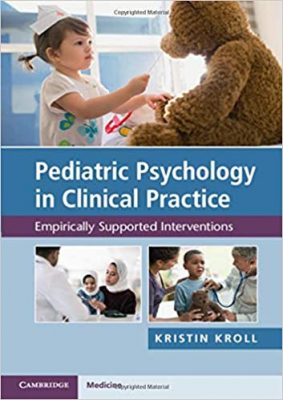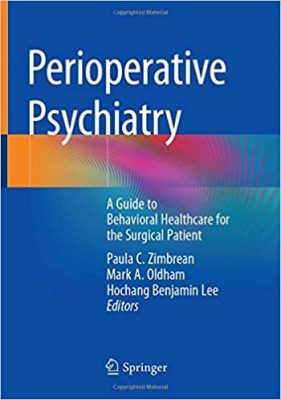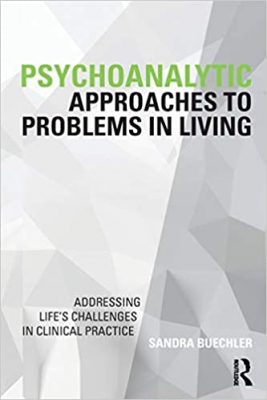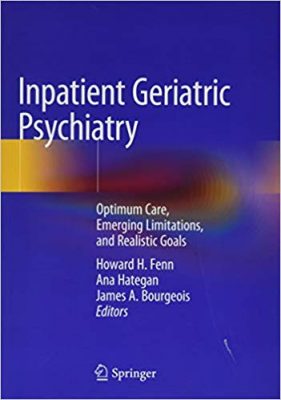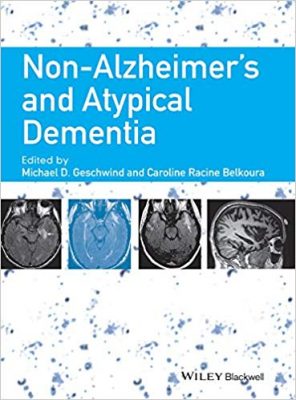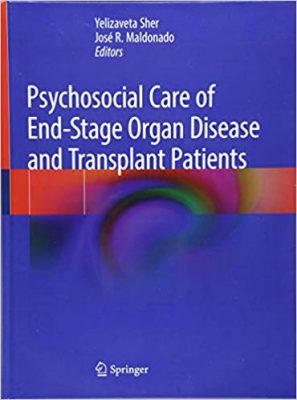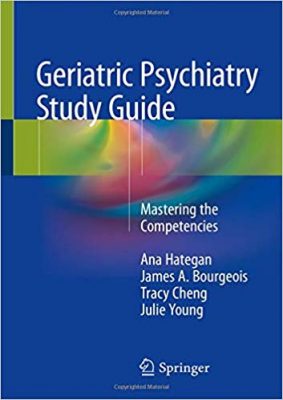Acute Psychiatric Emergencies
Acute Psychiatric Emergencies
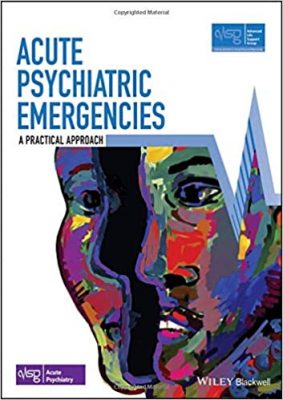
Acute Psychiatric Emergencies
Acute Psychiatric Emergencies is designed for all medical and healthcare professionals working with patients in mental health crisis. This manual is a key component of the Acute Psychiatric Emergencies (APEx) course, which uses a structured approach developed by leading psychiatry and emergency medicine specialists with years of practical experience.
FOR MORE BOOKS VISIT EDOWNLOADS.ME
This valuable resource provides a practical approach for dealing with mental health emergencies, helping healthcare professionals from different specialties speak a common language and develop a shared understanding that expedites excellent care. The manual outlines the assessment and management of patients who have self-harmed, those that are apparently drunk, the patient behaving strangely, the patient with acute confusion, and those that are aggressive.
DOWNLOAD THIS BOOK

